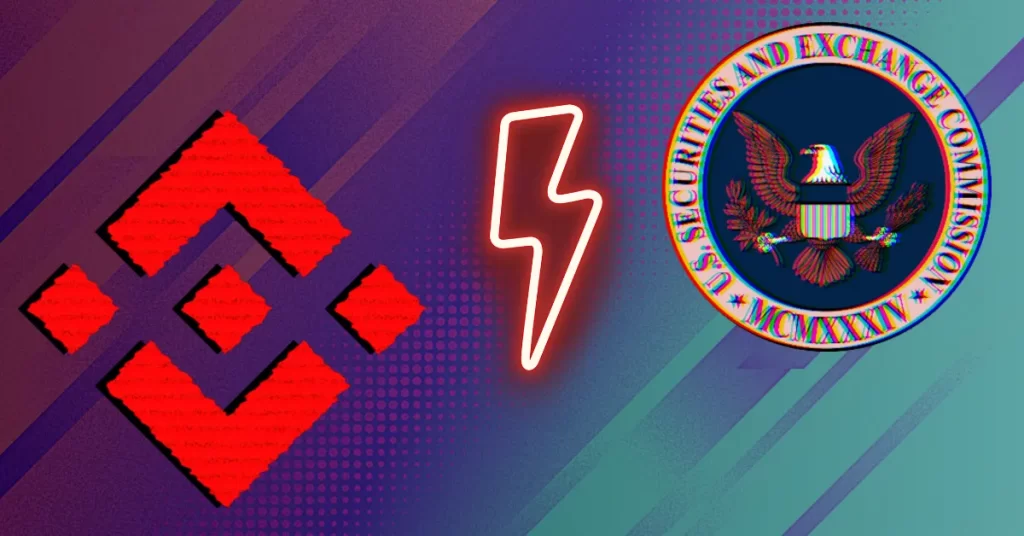
The post Behind Closed Doors: Binance And SEC Disputes Likely Over appeared first on Coinpedia Fintech News
The legal battle between Binance and the U.S. Securities and Exchange Commission has taken a new turn. Both parties, along with Binance.US and CEO Changpeng “CZ” Zhao, have jointly filed a motion for a protective order regarding confidential details outlined in a June consent order.
Binance-US SEC Joint Motion for Protective Order
In a court filing late on November 13, Binance and the U.S. SEC have come together seeking a protective order to the June consent order. This motion aims to establish court-approved guidelines on how confidential information will be handled and disclosed throughout the ongoing lawsuit.
As a result of this motion, any rule about keeping things secret should be more important than the rule set by Judge Jackson in September.
Meanwhile, the joint motion follows a recent dispute between the SEC and Binance.US over document discovery and depositions. The SEC claims that BinanceUS has only produced around 382 documents, and is hesitant to disclose its stance on producing the remaining documents, as outlined in the consent order.
BinanceUS, on the other hand, contends that the SEC’s requests, post the September 18 hearing, are unreasonable. The exchange argues that the SEC’s approach is inconsistent with the terms of the consent order.
SEC Rejects Binance’s Bid for Lawsuit Dismissal
Simultaneously, the U.S. SEC is opposing the latest efforts by Binance.US, Binance, and CEO Changpeng “CZ” Zhao to dismiss the lawsuit. The SEC is standing firm in its position to regulate the crypto industry, citing investor protection under existing securities laws.
As the legal drama unfolds, there’s a growing sentiment within the crypto community that lawsuits, including those against Coinbase and Ripple, should be dismissed.
Critics argue that the SEC has not sufficiently explained how current rules apply to its claims, raising questions about the legitimacy of its arguments.

 1 year ago
87
1 year ago
87














 English (US) ·
English (US) ·